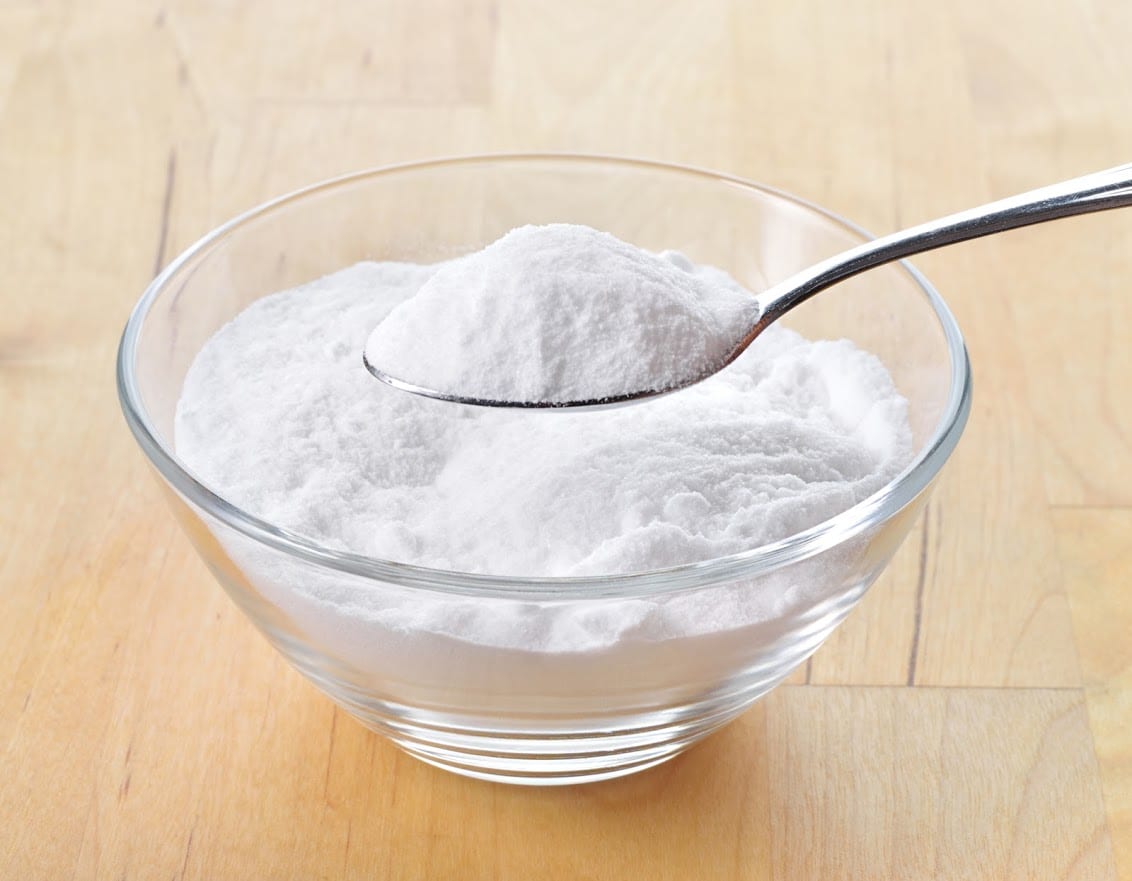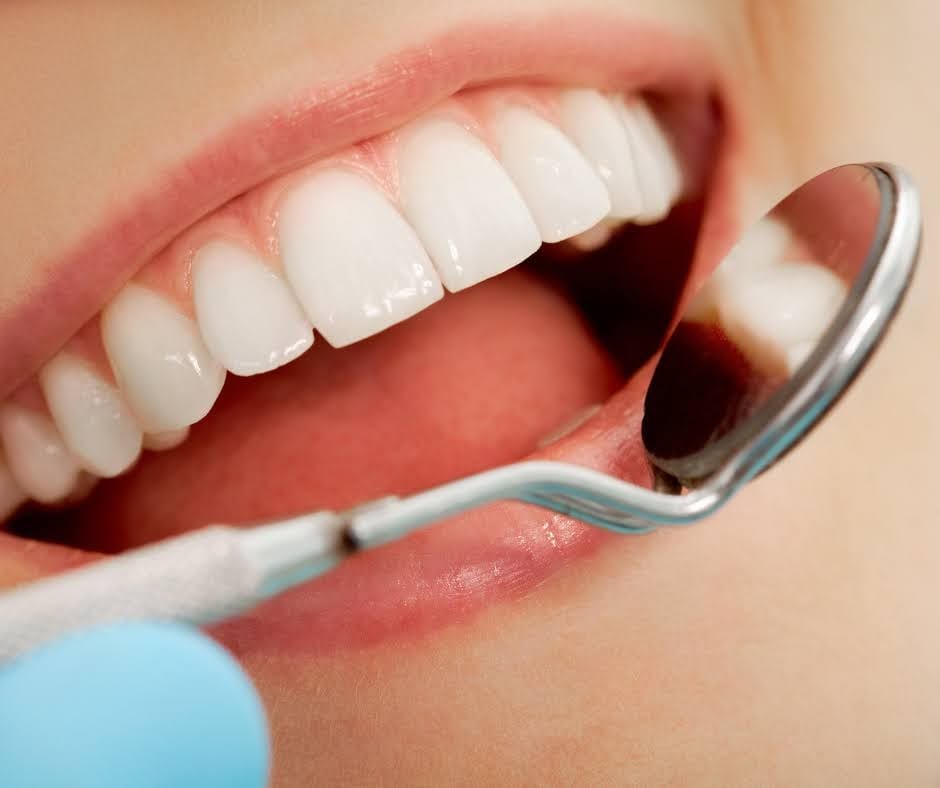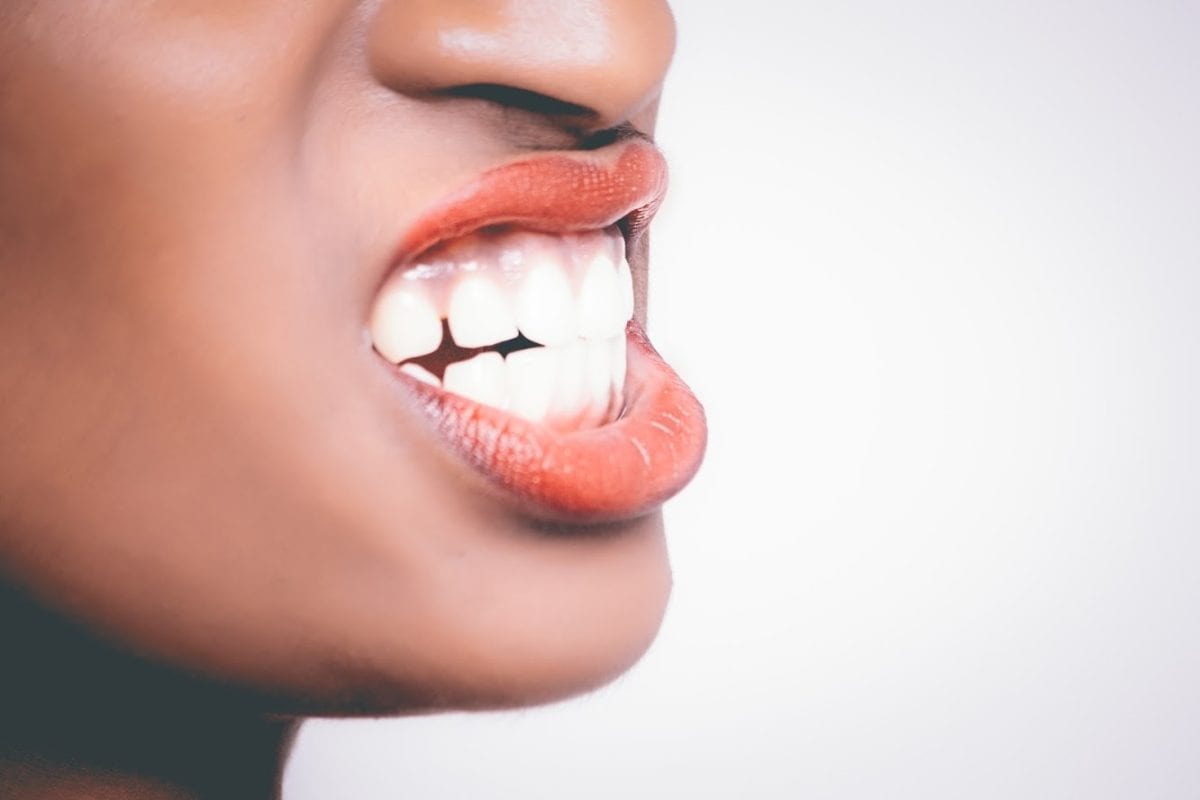If you care about your oral health, you may already pursue routine dental exams and cleanings, brush and floss regularly, and support your teeth through good nutrition. However, you may not know that exercise can also support your oral and dental well-being. Check out these four important points on the subject.
NEWS AND ANNOUNCEMENTS
The most visible teeth in your mouth are the front teeth. Whenever you smile, talk, or eat, you may become self-conscious of your teeth if changes or damages have occurred. When you seek out tooth repairs, you have multiple options to choose from. Learn how a dentist can transform your front teeth and give you a whole new smile.
Periodontal disease, more commonly known as gum disease or gingivitis, is often a serious dental health problem. However, people with Type I or Type II diabetes are especially vulnerable to this painful and debilitating condition.
Diabetes is notorious for affecting almost every part of the body in some way, and people who suffer from diabetes are more vulnerable to developing gum disease. If left untreated, gum disease can also make controlling your blood sugar levels more difficult, so preventing gum disease should be a top priority for any person with diabetes.
Parents, teachers, and health professionals always preach the dangers of too much sugar exposure to your mouth, but you can just go beyond the lecture and advice. When you fully understand the science and evolution of sugar on your teeth, you will know why it’s important to keep your clean and regulate the amount of sugar you consume.
Do you have yellowing teeth? This oral issue may have nothing to do with coffee, tea, and red wine residue. Enamel erosion is a common cause of yellowish teeth — and often requires a different type of treatment than simple stains would. Before you rush to whiten, take a look at the do’s and don’ts of enamel wear care.
Do Visit the Dentist
Enamel erosion is not a self-diagnosable dental issue. The primary signs include discoloration, chips, cups (indentations or grooves on the tooth’s surface), and increased sensitivity. If you have any of these symptoms, contact your dentist for an appointment. The dentist will examine your teeth and diagnose the cause of the yellowing and other symptoms.
Along with an exam and diagnosis, the dentist will recommend a treatment for the erosion. The specific option the dentist chooses depends on the extent of the erosion, the health of the existing enamel, and the affected areas of your mouth.
Don’t Whiten at Home
While at-home whitening kits and pasts are effective ways to brighten your smile, these over the counter options won’t treat or prevent enamel erosion. Even though your teeth may look yellow, erosion isn’t a stain or discoloration on the surface. Instead, it’s the irreversible loss of the hard layer (enamel) of the tooth.
Dental enamel covers the softer yellowish dentin layer. As the enamel wears away it will expose the dentin underneath. This leads to sensitivity and a yellow appearance. An at-home whitening product won’t repair the enamel or cover the dentin.
Do Try Prevention Strategies
You can’t cure or reverse enamel erosion. But you can prevent future losses. While this won’t turn the yellow areas white, it can make it easier to treat existing erosion and stop the spread of enamel loss.
To prevent enamel erosion, you need to understand the cause. Food and beverage choice is one of the primary reasons for the development of this oral issue. Highly acidic foods and drinks such as citrus fruits, citrus beverages (lemonade or orange juice), soda, or sour gummy candies. Repeated exposure to acidic foods causes mineral loss and wears away the surface enamel.
Other causes of enamel erosion include decreased saliva production or dry mouth, gastroesophageal reflux (GERD), chronic alcoholism, and bulimia. Some pregnant women may also experience this not-so-pleasant side effect. According to the American Dental Association (ADA), pregnancy-related intra-abdominal pressure can increase the risks of acid reflux. Stomach acids, like acidic foods, can wear away enamel.
Prevention strategies for enamel erosion include lifestyle changes, dental care modifications, and, when necessary, medical treatments. Start with a reduction of acidic foods or beverages. Instead of soda, sports drinks, and lemonade, switch to plain tap water. If dry mouth is the problem, talk to the dentist about moisturizing mouthwash or other oral care products.
Acidic stomach issues (such as GERD) may require medical treatment. Discuss these types of problems with your doctor. You may need an over the counter or prescription medication. Like GERD, bulimia-related erosion is the result of stomach acid dental damage. Bulimia, as an eating disorder, requires immediate professional attention and treatment.
Don’t Skip an Aesthetic Fix
Even though you can’t reverse enamel erosion and shouldn’t whiten at home to reduce yellowing, you can still change the look of your smile. The dentist can bond a tooth-colored material to the damaged area to create a smooth, pearly white finish. Serious or severe cases of enamel erosion may require a dental veneer or a crown.
Not only can these in-office fixes change the look of your smile, but also bonding, veneers, and crowns can protect your teeth and reduce the risks of erosion-related decay.
Do you need a dental veneer or crown to repair enamel damage? Contact Accent Dental for more information.
While flossing is recommended daily for most people, some mouths are not adept for floss. If you have large pockets in your gums, then floss could actually push food particles and bacteria down into the gums as opposed to removing the particles from your teeth.
Dental tartar issues have plagued humankind for at least 400,000 years, the age of the earliest archeological examples in prehistoric teeth. This calcification of saliva and food particles can create serious problems, from painful gum irritation and abscesses to tooth loss and systemic infections.
The use of braces is often for drastic changes and corrections to a person’s smile. If you only need minor adjustments to your mouth, you may not need a full set of braces.
If you extract a tooth, blood will clot on the extraction site and kick-start the healing process. In some cases, however, the blood clot fails, and the extraction site remains hollow and dry — hence the term dry socket. A dry socket causes pain, delays the healing process, and increases the risk of infection. Below are some of the risk factors and prevention tips for a dry socket.
Did you know that when your dentist looks inside your mouth, they are not just looking at your teeth? A dentist is concerned about all of your oral health. This is why routine dental checkups are essential. During these routine checkups, your dentist can catch oral health issues early on, which makes them easier to treat.
Here are three common oral health issues you should be aware of.











